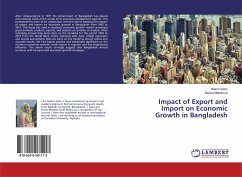The change in tastes and the need to keep the environment safe, especially in developed markets as contributed to the rising trend in the demand for quality products through product standards. However, the stringency of these standards has effects on trade, particularly for Africa. The effects usually influenced their attainment of the development aspirations, especially employment, poverty reduction and sustainable growth. To this end, this study investigated the food export effects of the EU standards for Africa using the two-step Helpman et al. (2008) for two high value food products. In all, 52 African countries were considered in the empirical analysis from 1995 to 2012. This study finds that product standards for fish are trade enhancing at the extensive margins, but not the case at the intensive margins. However, standards are trade inhibiting at both the extensive and intensive margins of exports of vegetable. Thus, these findings suggest that the impacts of standards on exports are product specific. Hence, Africa must ensure adequate standards compliance through improvement in science and technology not only for the EU market, but in all its export markets.
Bitte wählen Sie Ihr Anliegen aus.
Rechnungen
Retourenschein anfordern
Bestellstatus
Storno








